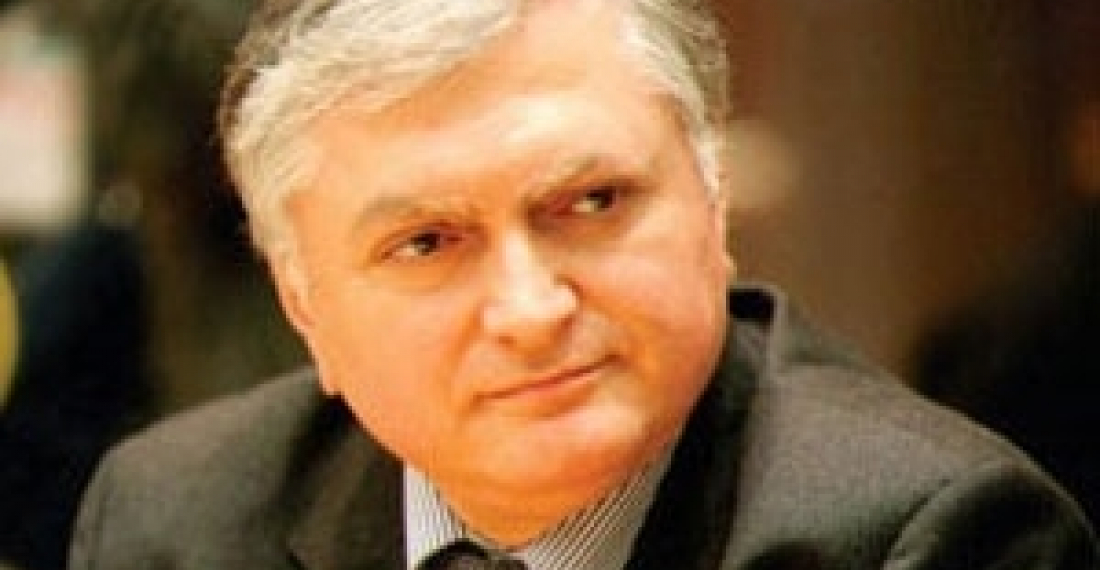Страны сопредседатели Минской Группы ОБСЕ продолжат заниматься урегулированием нагорно-карабахского конфликта в прежнем статусе и формате. Об этом в интервью армянским телеканалам заявил глава МИД Армении Эдвард Налбандян.
"Безусловно, нужно продолжать переговорный процесс относительно достижения соглашения по Базовым принципам и ускорить процесс их согласования, учитывая проведенную до этого работу, для того чтобы стало возможно достичь основного соглашения. Атмосфера создания взаимного доверия позитивно повлияет на согласование базовых принципов, однако и в этом случае для составления документа понадобится огромная работа и посредничество стран сопредседателей. Очень важно чтобы Азербайджан не препятствовал созданию атмосферы взаимного доверия, как это было в прошлом, иначе процесс провалится", - отметил Налбандян.
В качестве мер по созданию атмосферы доверия, которые ускорят процесс переговоров и станут залогом для их стабильного хода, Налбандян отметил важность создания механизмов исследования инцидентов на линии соприкосновения, на что азербайджанская сторона традиционно реагирует с крайним неудовольствием. "Месяц назад в Вене обсуждался бюджет ОБСЕ, где было предложено выделить средства для создания подобных механизмов, на что Азербайджан пригрозил наложить вето на бюджет ОБСЕ. Таким образом, Баку помешал процессу создания механизмов доверия. Однако очень важно, что в сочинском заявлении президенты поручили нам продолжить этот процесс", - отметил министр.
Налбандян также заметил, что попытки встреч представителей интеллигенции Армении и Азербайджана провалились вследствие антиармянской пропаганды и постоянных провокационных заявлений в Азербайджане. По его словам, подобная атмосфера внутри этой страны никак не способствуют проведению подобных встреч.
Урегулированием карабахского конфликта с 1992 года занимается Минская группа ОБСЕ, представленная сопредседателями от России, США и Франции. В настоящее время процесс урегулирования карабахского конфликта происходит на основе "Мадридских принципов", выдвинутых сопредседателями МГ ОБСЕ в 2007 году в Мадриде и обновленных в 2009 году.







